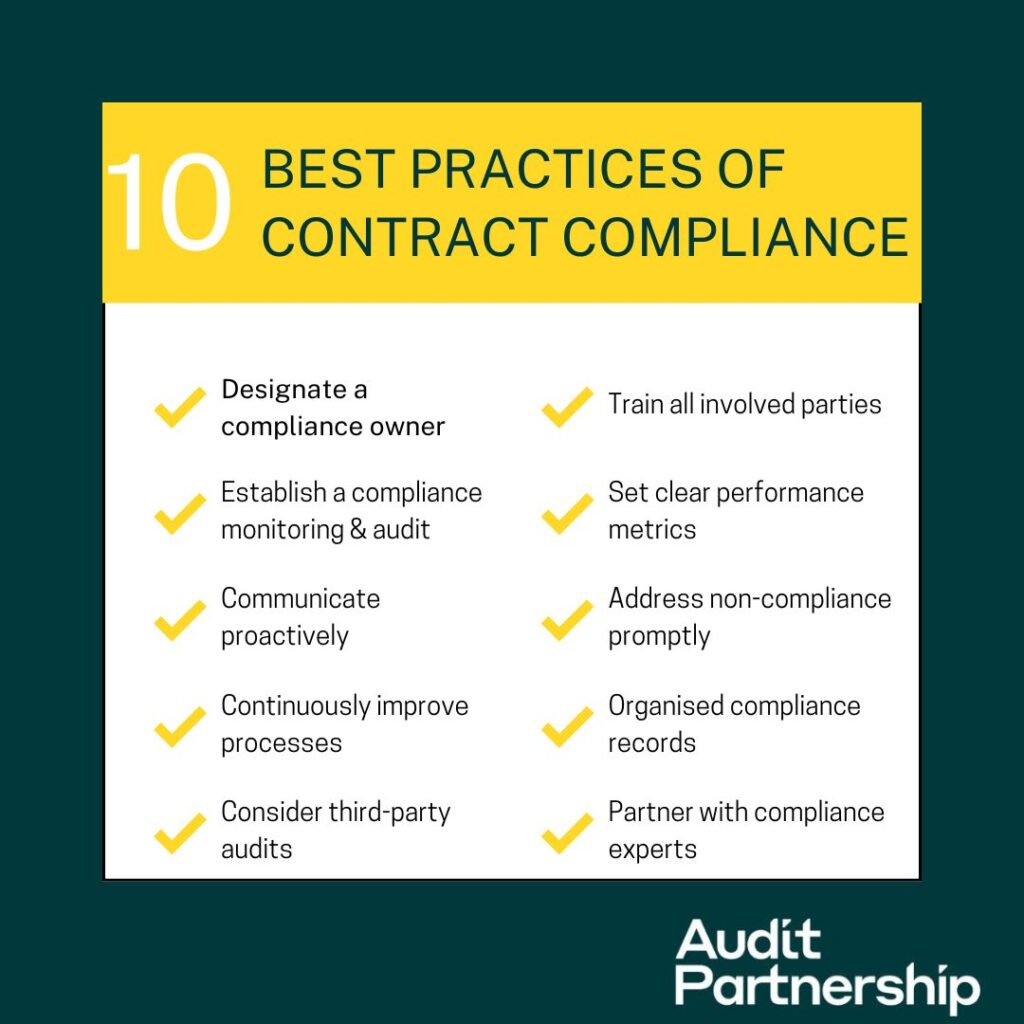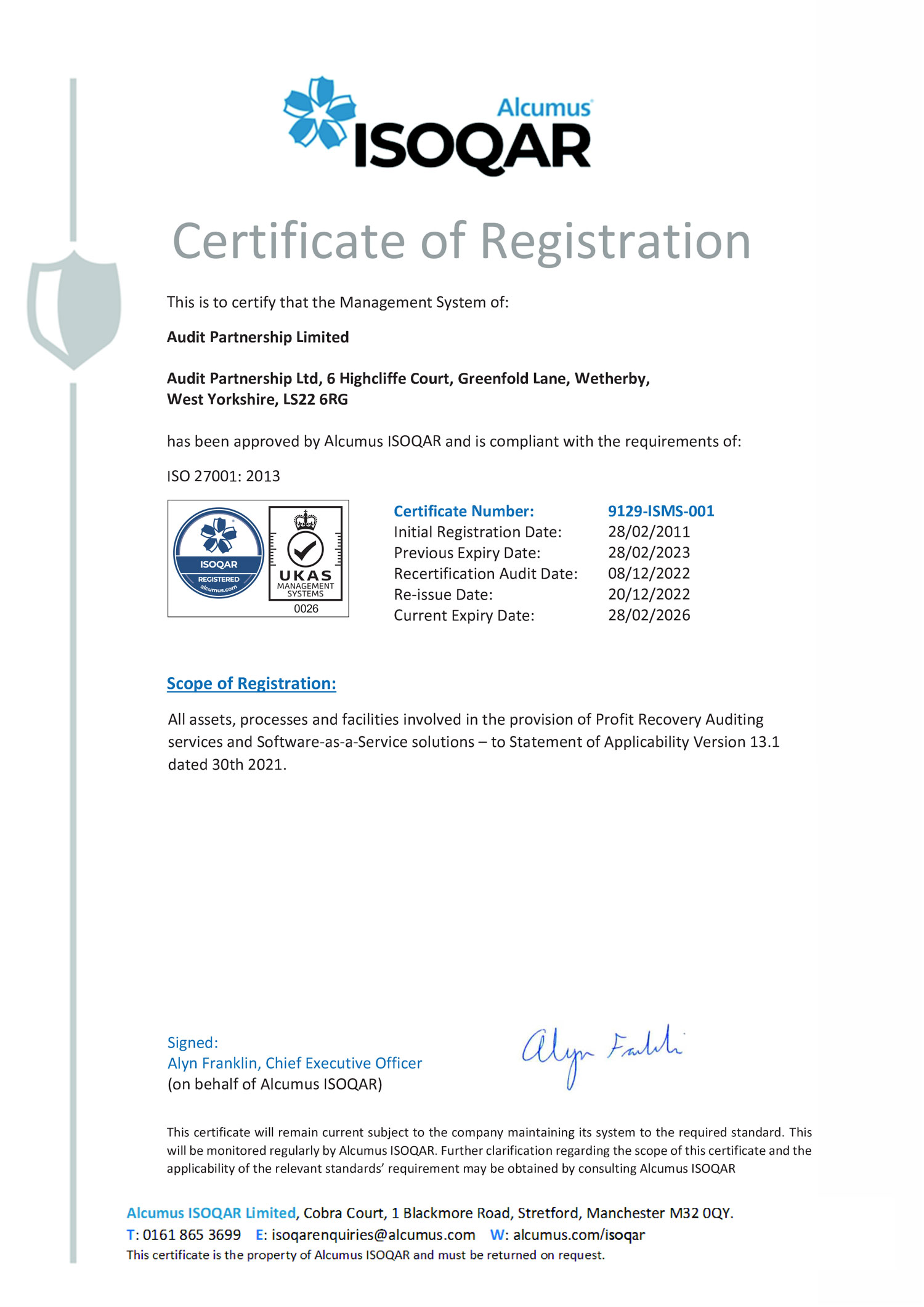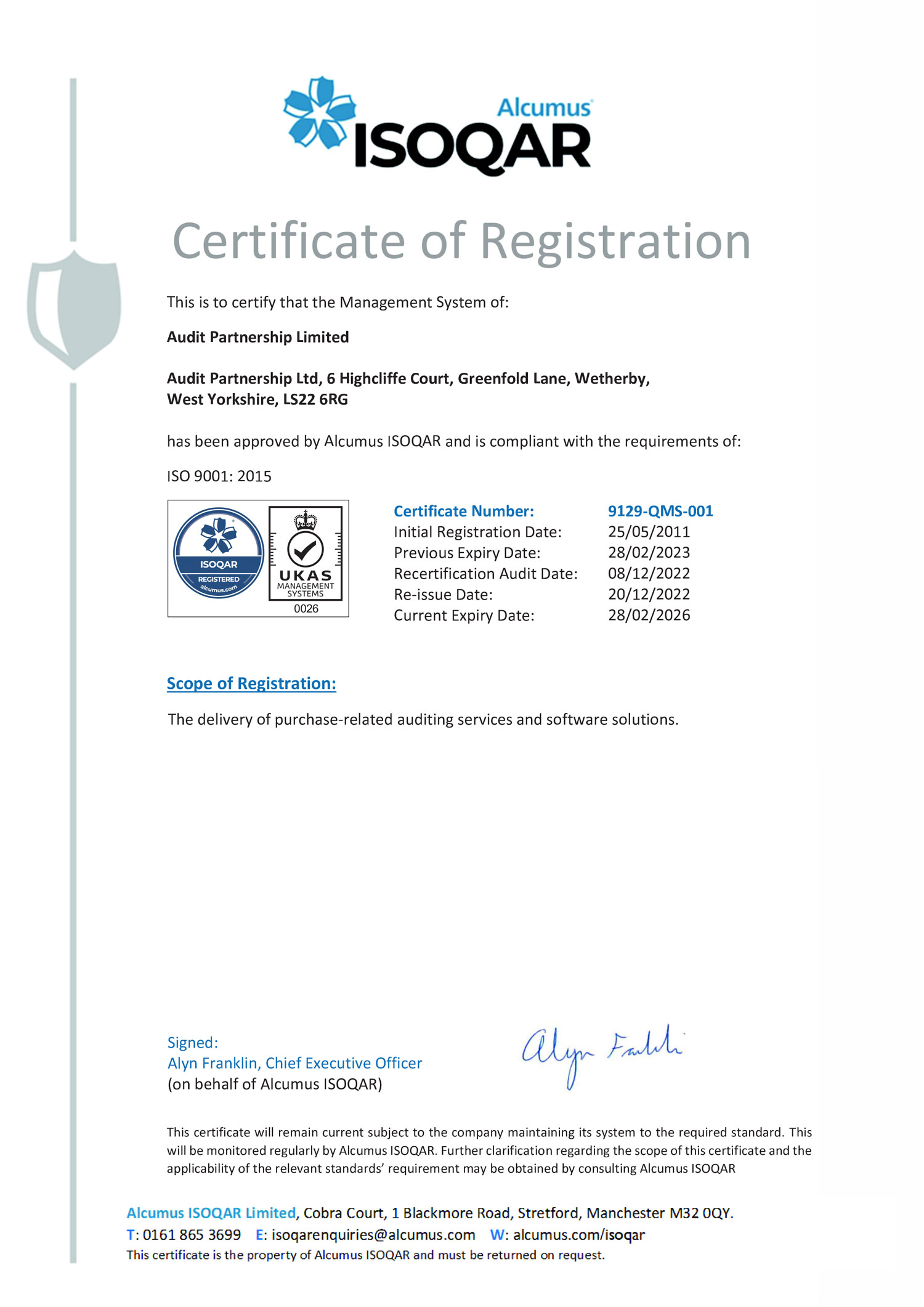
Contract compliance refers to ensuring adherence to the terms and conditions laid out in a legal contract. It is the process of ensuring all parties involved fulfil their contractual obligations. This article will explore what contract compliance actually means, what best practices are, and why partnering with experts is significant.
Understanding Contract Compliance in Detail
Contract compliance is an important aspect of any contractual agreement that organisations need to pay close attention to. Maintaining compliance protects all sides by promoting accountability and mitigating risks of legal issues down the road.
So, in more detail, “What is contract compliance?” involves thoroughly understanding the terms and conditions agreed upon and then implementing processes and controls to check performance systematically matches expectations.
The goal is to foster an environment of transparency and accountability in which each party delivers precisely as outlined to achieve the agreement’s objectives.
What does Contract Compliance actually mean?
At its core, “what is contract compliance” means ensuring all parties to an agreement are meeting the responsibilities they committed to when signing on the dotted line. This involves carefully tracking performance against the technical specifications, financial terms, legal language, and operational protocols defined in the contract documentation.
Compliance activities verify services, deliverables, payments, timelines, and other contractual elements to ensure they are being fulfilled as promised and avoid disputes or defaults later on.
10 Best Practices of Contract Compliance
Here are 10 best practices for maintaining solid contract compliance:
1. Designate a compliance owner to oversee the program
2. Train all involved parties on contract requirements regularly
3. Establish a compliance monitoring and audit process
4. Set clear performance metrics and documentation standards
5. Communicate proactively about any issues or changes
6. Address non-compliance promptly with corrective action
7. Continuously improve processes based on audit findings
8. Maintain organised compliance records for 7+ years
9. Consider third-party audits for additional oversight
10. Partner with compliance experts for specialised support

The Steps Involved in Contract Compliance
With an understanding of what is contract compliance and best practices in mind, here are the typical steps involved in managing compliance for a contract:
1. Contract Review
Thoroughly read the contract and document all terms, conditions, deliverables, timelines and other key points. This establishes the compliance baseline.
2. Performance Monitoring
Establish methods like inspections, audits, or status reports to track performance against the contract on an ongoing basis.
3. Documentation
Record all monitoring activities, communications, issues identified and their resolutions over the contract’s life.
4. Issue Identification
Note any areas of non-compliance, such as missed deadlines, quality deficiencies or other deviations from the agreement.
5. Notification
Inform the other party about identified issues and give them a chance to remedy the situation.
6. Corrective Action
Work with the other party to determine and implement solutions to resolve compliance problems and get back on track.
7. Continuous Improvement
Evaluate lessons learned throughout the contract compliance process and make refinements to strengthen future compliance efforts.
8. Contract Closeout
Upon expiration or termination, complete all closeout procedures like final payments, deliverable acceptance and documentation handoff.
How Audit Partnership Helps for a Healthy Compliance and Recovery Services
For complex, high-value contracts, it often makes sense to leverage outside experts for contract compliance functions. Specialised third parties can provide independent auditing, monitoring services, and even recovery assistance if needed.
At Audit Partnership, we remove potential bias and bring deep experience maintaining adherence for diverse agreements. Our involvement helps mitigate compliance risks, ensures all bases are covered, and recovers maximum financial value when issues do arise.
Conclusion
Contract compliance refers to the important process of systematically verifying all parties to an agreement are meeting their contractual obligations and responsibilities as defined. With diligent monitoring, documentation, communication, and corrective action, organisations can promote a culture of transparency and accountability.
This protects the interests of all stakeholders and helps complex projects and initiatives achieve intended outcomes. When non-compliance does occur, swift intervention and recovery assistance is key. Overall, consistent compliance practices are vital for long-term success in business relationships governed by contracts.
Frequently Asked Questions (FAQs) – Contract Compliance : 10 Best Practices & Its Steps
1. What is contract compliance?
Contract compliance refers to ensuring all parties involved in a contract adhere to and fulfill the terms, conditions, obligations, timelines, deliverables, payments and other requirements as agreed upon in the legal contract.
2. Why is contract compliance important?
Contract compliance is important as it protects all parties by holding each other accountable, avoiding disputes and legal issues, and helping complex projects achieve intended outcomes. It fosters transparency.
3. What are some best practices of contract compliance?
Some key best practices include designating a compliance owner, regular training, establishing monitoring processes, setting clear metrics, prompt issue resolution, continuous improvement and maintaining records.
4. What are the typical steps involved in contract compliance?
The typical steps are contract review, performance monitoring, documentation, issue identification, notification, corrective action, continuous improvement and contract closeout.
5. How can third party audits help with contract compliance?
Third party audits can provide independent oversight, remove potential bias and leverage specialised expertise. They help mitigate risks, ensure thorough coverage and maximise value recovery if issues arise.













